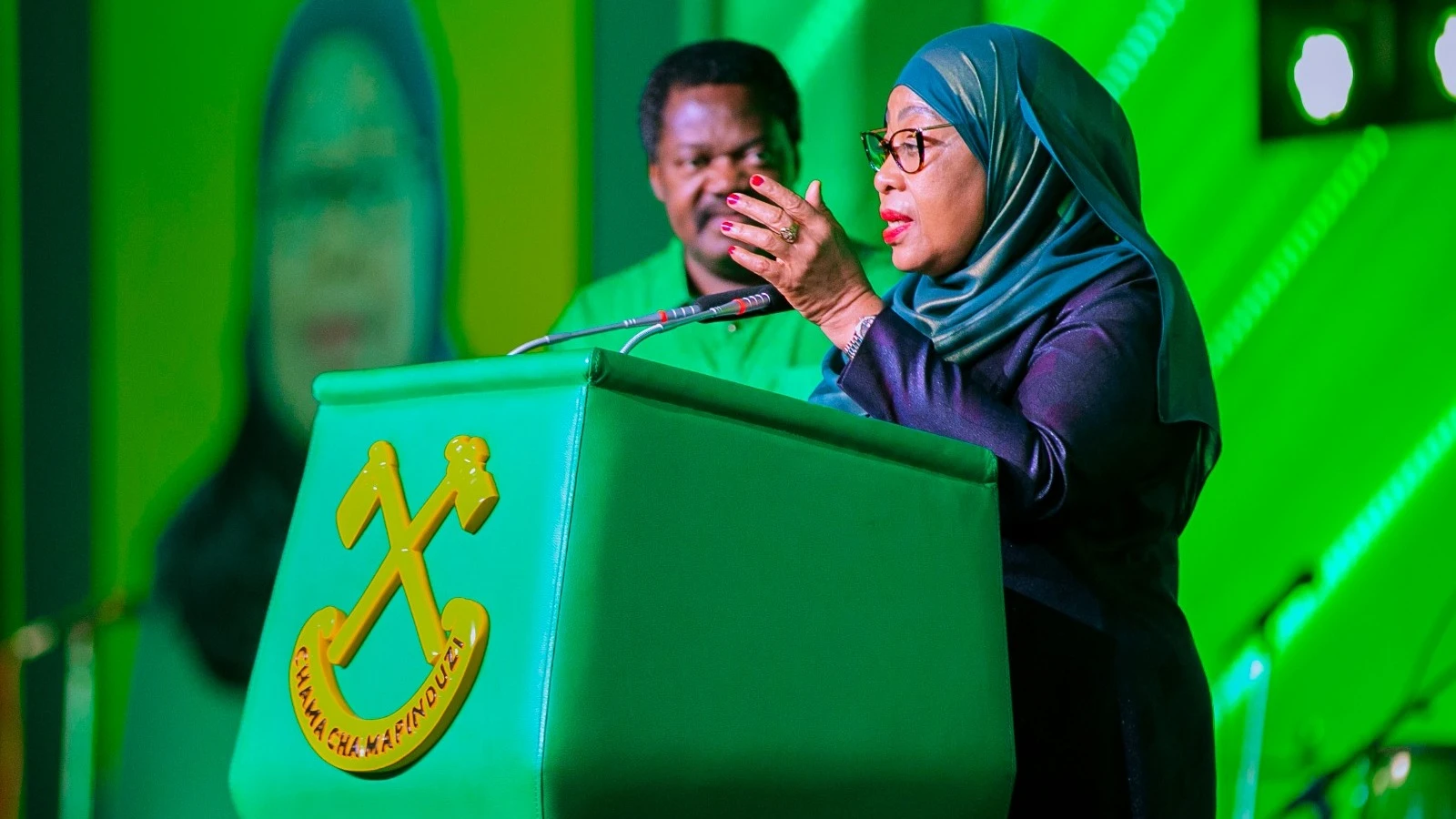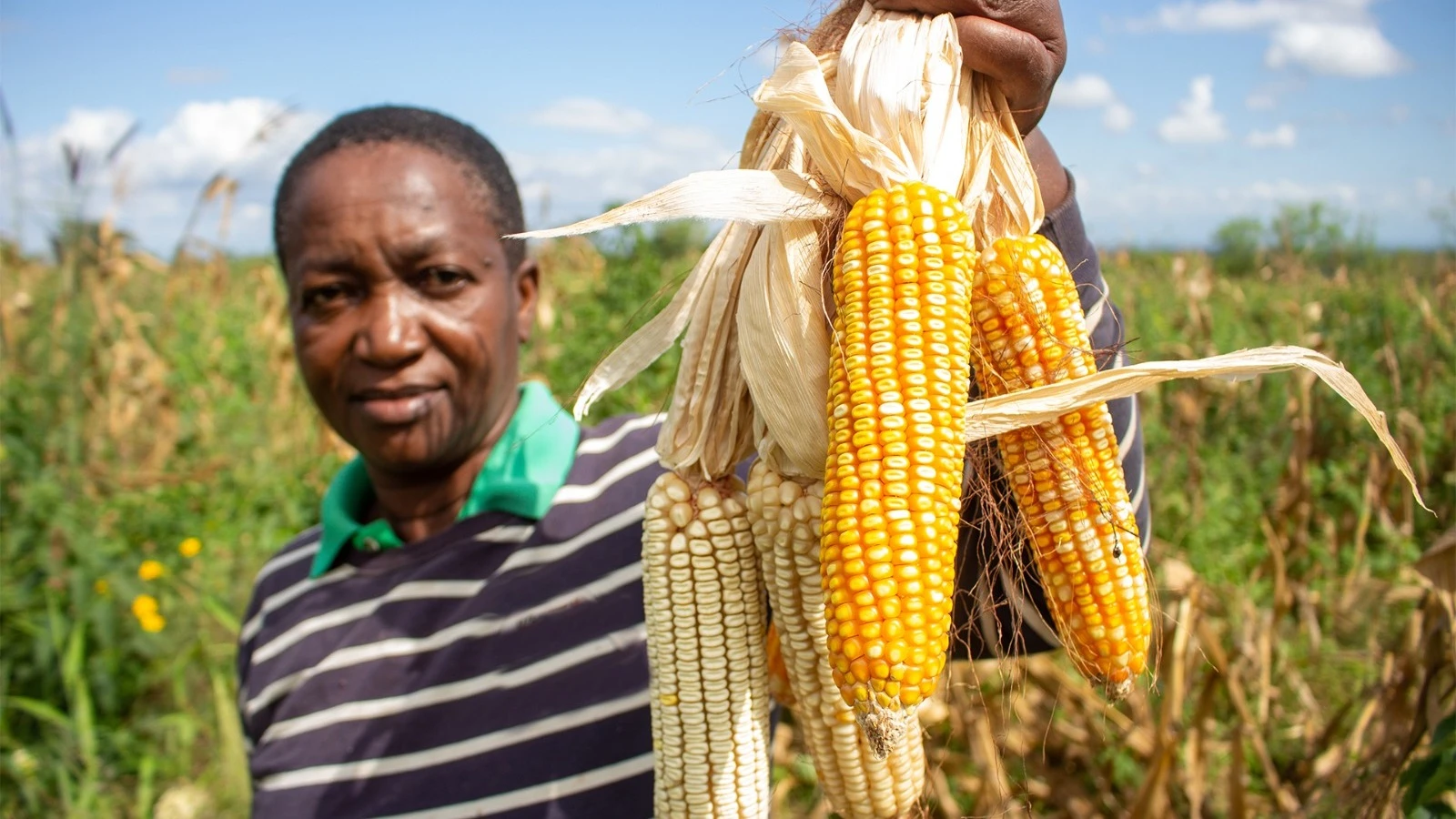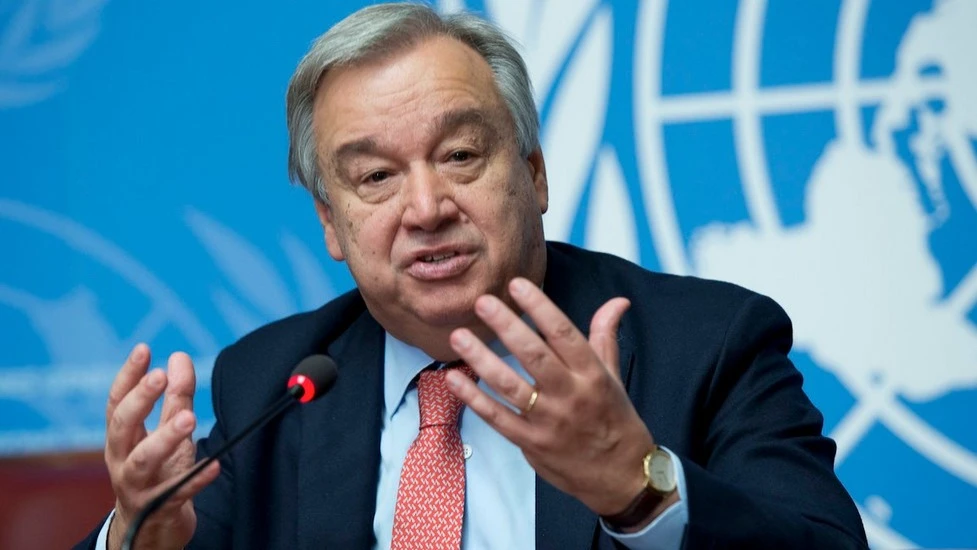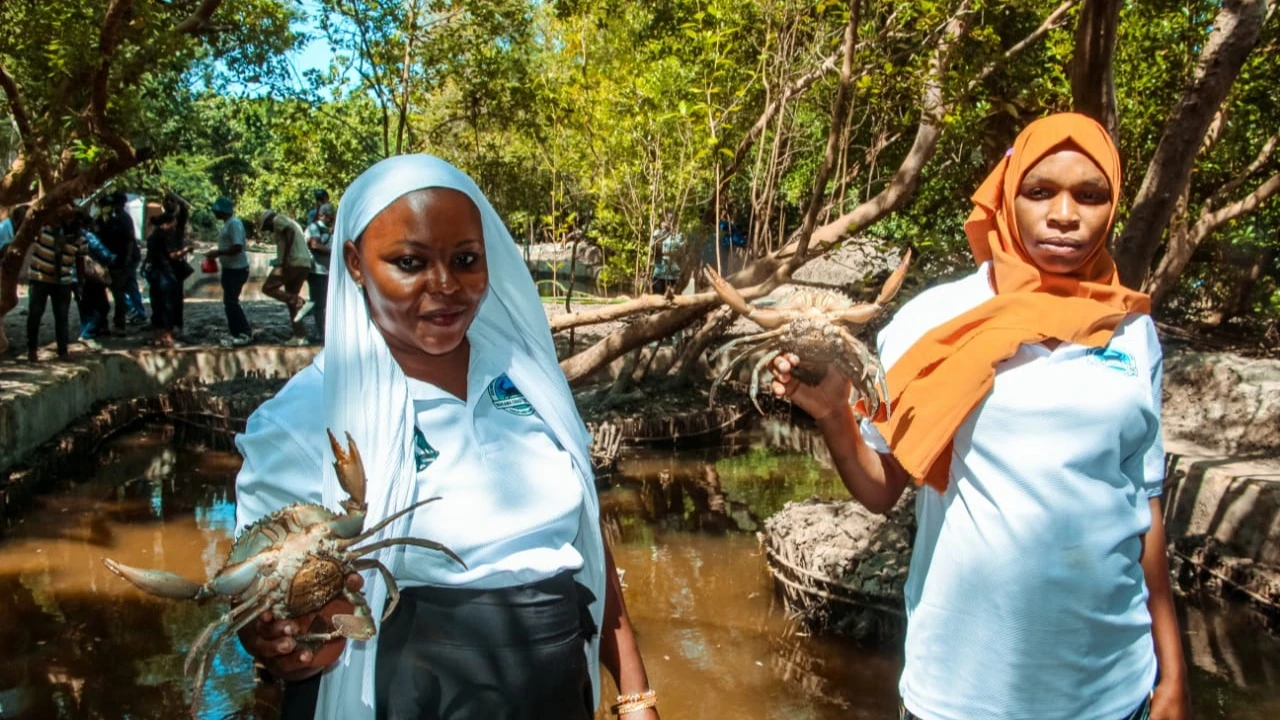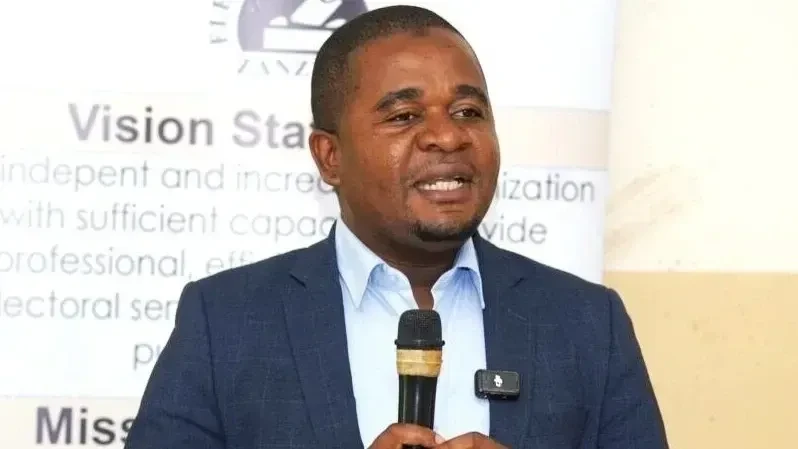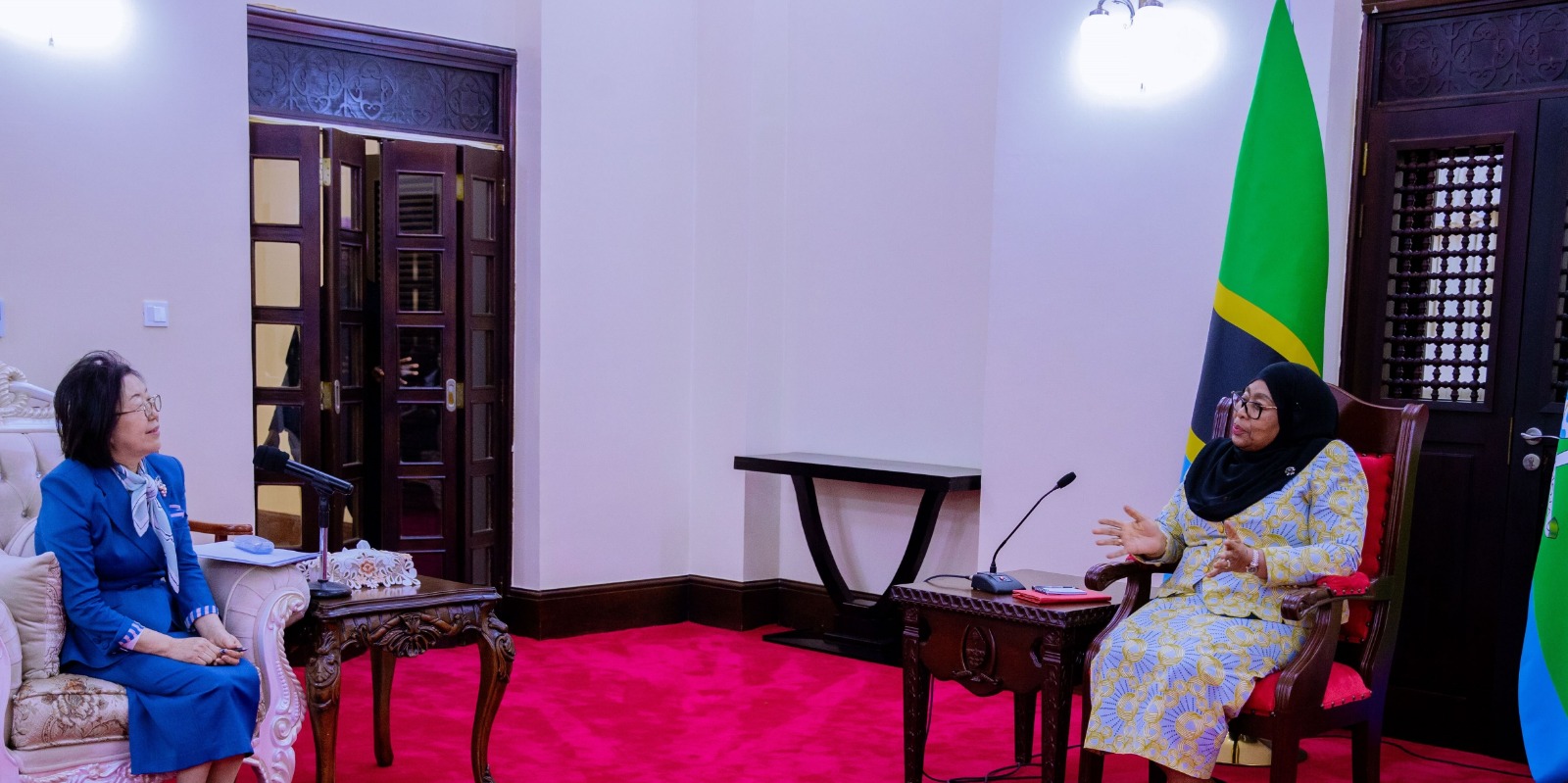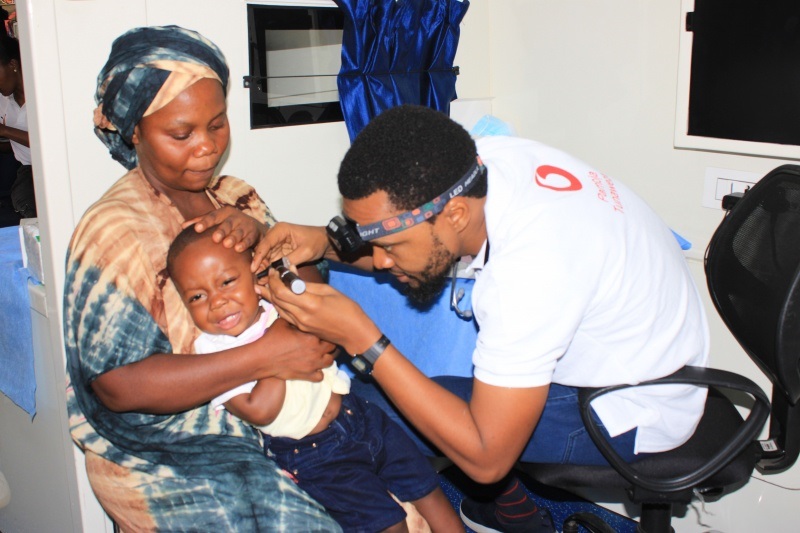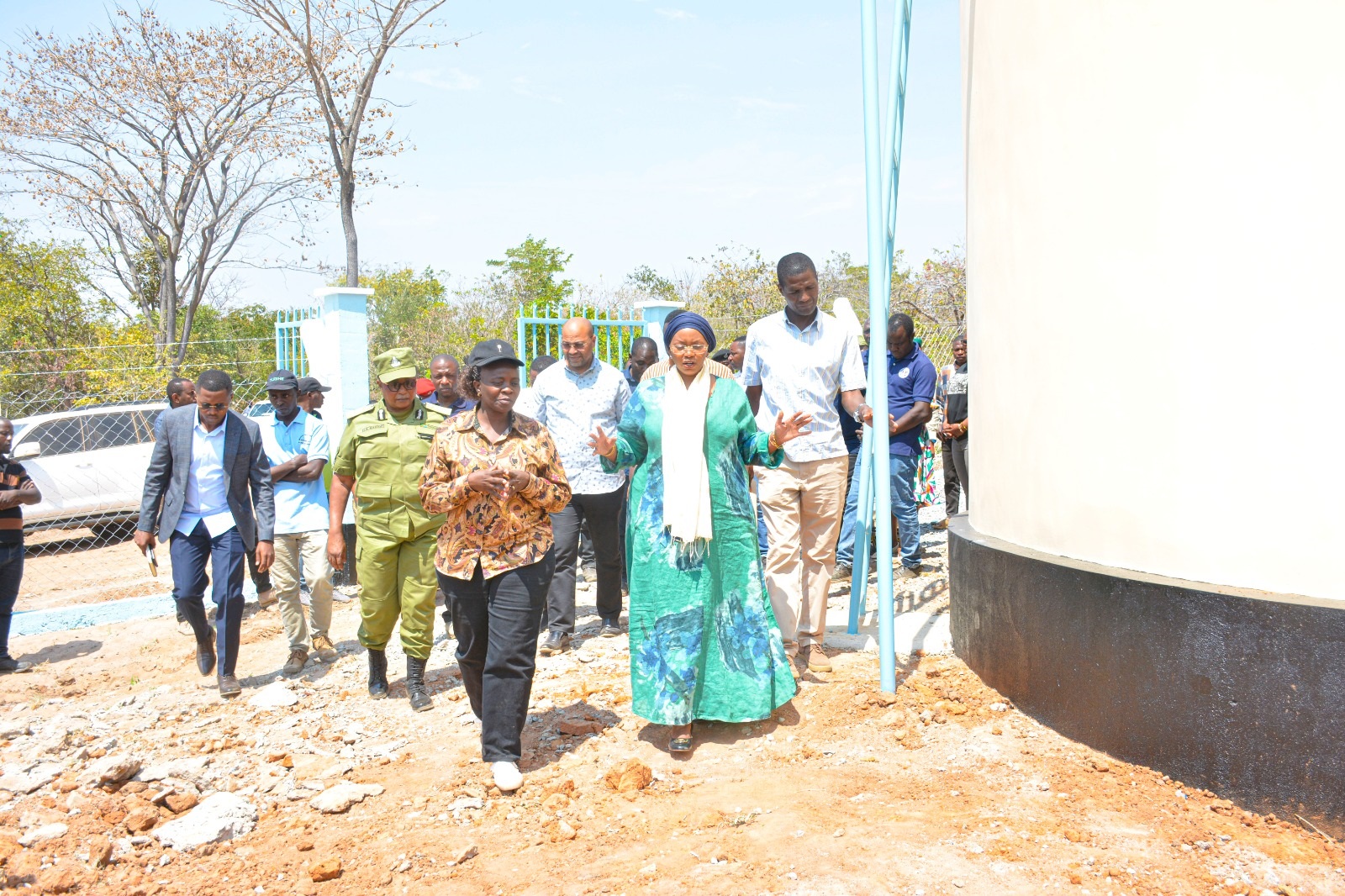Impunity: Growing inconsistency with legal obligations, international norms
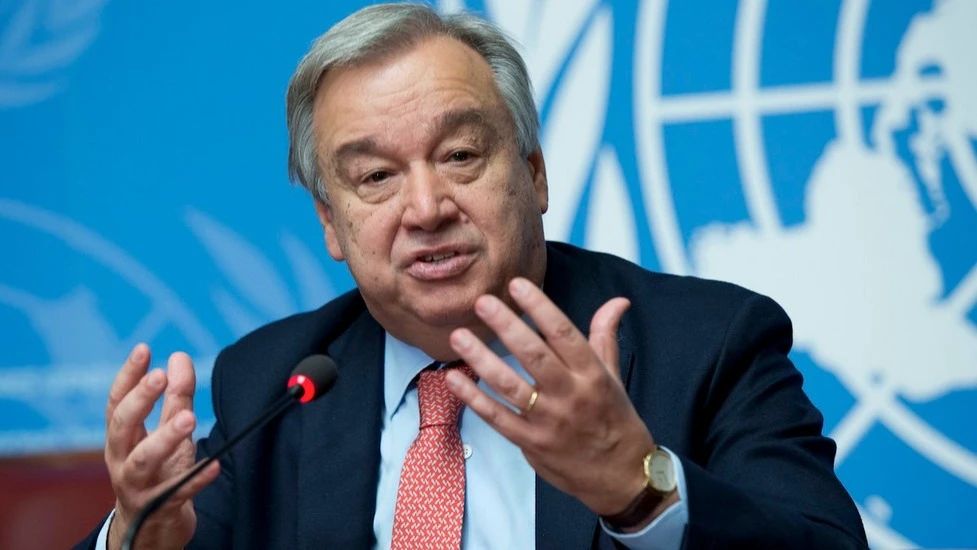
VARIOUS reports suggest that there is an unprecedented growing shrinkage of civic space in various parts of the world, a sign of regression which is inconsistent with legal obligations and international norms.
A report titled “People Power Under Attack 2024” says: “Of all civic space violations recorded by the CIVICUS Monitor over the past year (meaning 2023), 45 per cent (over 1,100) violations were related to freedom of expression. Violations of freedoms of peaceful assembly made up 29 per cent of the total, and freedom of association violations constituted 26 per cent.”
It points out that a repression of democracy activists and political opposition has escalated, particularly around the year’s many elections, endangering activists and undermining democratic freedoms. “In several countries, authorities have used violent repression, including killings, disappearances and torture, to create a chilling atmosphere with the aim of silencing dissent,” it stresses.
A similar report titled “Civic Space Report 2025” published by the European Civic Forum (ECF) in June 2025, says a well-implemented, supportive legal and regulatory framework for civic freedoms — in particular the freedoms of association, peaceful assembly, and expression — is essential for open civic space.
Therefore, public authorities must fulfil their duty to protect civil society actors and human rights defenders from physical, verbal, and judicial attacks linked to their human rights work by taking action against perpetrators.
The report, which evaluates the situation of Europe, appeals to civil society actors, institutions, and citizens, each with their own means and responsibilities, to come together to achieve an open and enabling civic space and fundamental rights and democracy for all.
“Despite intensifying pressure on civic space across Europe, 2024 was also marked by a renewed demonstration of civil society’s resilience and commitment to defending democratic values. Across the continent, civil society organisations (CSOs), human rights defenders (HRDs), and activists used litigation, formed new alliances, and led mass mobilisations to safeguard fundamental rights and fight authoritarianism.”
UN Secretary-General António Guterres’ 2025 report on the responsibility to protect (R2P) issued in May this year suggests that continued failure to protect populations – despite an improved understanding of risk factors and enhanced capacity for response – denotes a deeper, alarming challenge to mobilising response.
To mitigate such a situation, Guterres stresses an urgent need for renewed strategic investment and consistent, collective international action, offering concrete recommendations for more effective implementation of R2P.
His report notes that across many countries, fundamental rights and freedoms are being eroded, “with growing instances of repression and persecution against populations based on national, ethnic, racial and religious identity, or on actual and perceived political ideology.”
In particular, the report points out that the number of forcibly displaced people has grown dramatically – from 37 million in 2005 to a record 123 million by October 2024. Minority groups, people with disabilities and the elderly, face grave protection risks, including violence, disappearances, torture, forced recruitment and gender-based violence – some of which may amount to atrocity crimes.
It says although the formal determination of mass atrocity crimes rests with national and international courts, early warning and credible allegations “too often fail to prompt timely and effective preventive or protective action.”The report highlights alarming trends, including increased attacks on journalists, the rise of racism and hate speech targeting minority groups and the manipulation of technology and social media to spread harmful ideologies, dehumanisation and incitement – the factors the report says significantly raise the risk of atrocity crimes.
The report insists that the protection of civic space, freedom of expression and democratic governance is crucial, the fundamental conviction underlying R2P remains and that realising its full potential will require renewed political will and creative approaches to fulfil the promise of ‘never again’.Sustainable development goal (SDG) 16 provides for the promotion of peaceful and inclusive societies for sustainable development, access to justice for all and for building effective, accountable and inclusive institutions at all levels of society. Target 16.3 states: “Promote the rule of law at national and international levels and ensure equal access to justice for all.”
Dr Alejandro Ponce, Chief Research Officer with World Justice Project (WJP) in a report titled “WJP Rule of Law Index 2024” says overall rule of law has declined in a majority of countries yet again.
“This 2024 edition of the WJP Rule of Law Index reveals that a majority of countries are experiencing backsliding, marked by executive overreach, diminished human rights, and justice systems that are failing to meet people’s needs… In the face of these challenges, there is a need for a shared understanding of the landscape we face and a systematic, robust, and actionable assessment of adherence to the rule of law around the world.” The WJP Rule of Law Index 2024 examines strengths, weaknesses, progress, and setbacks across 142 countries and jurisdictions.
It suffices to say that as we strive after creating a better world for us to live in, let us join hands to promote, protect and enjoy our fundamental freedoms, which include our inalienable rights.
Top Headlines
© 2025 IPPMEDIA.COM. ALL RIGHTS RESERVED











